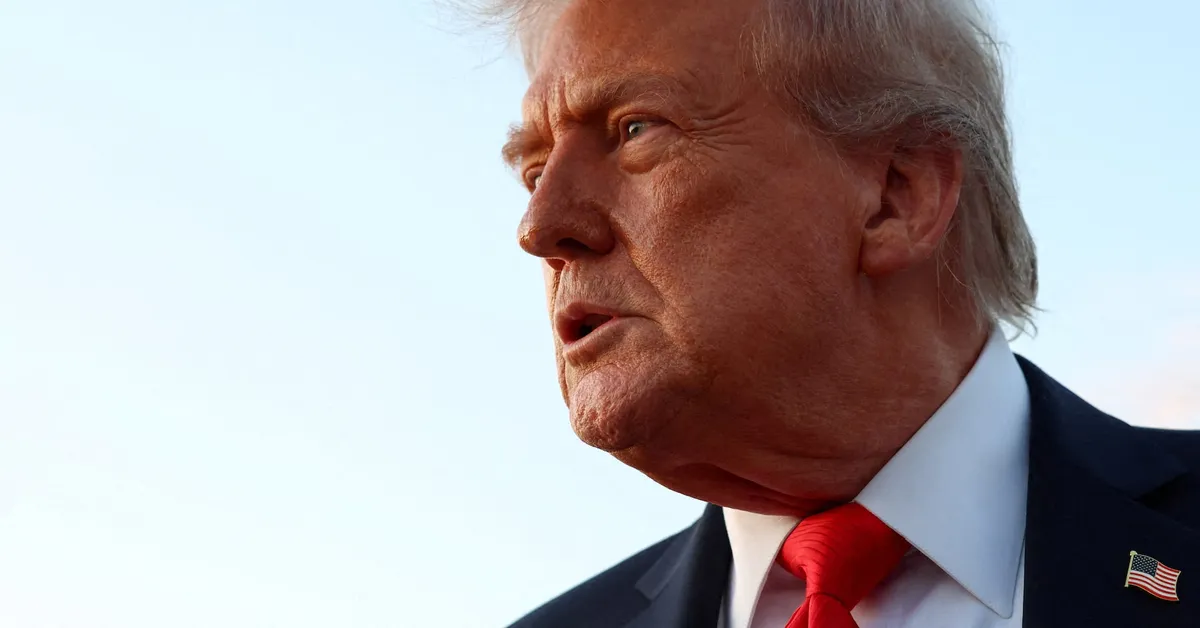
On September 17, 2023, U.S. President Donald Trump announced potential new measures against left-wing groups in light of the recent assassination of right-wing political activist Charlie Kirk. In a post on Truth Social, Trump declared his intention to designate the antifa movement as a terrorist organization, a move that has sparked widespread debate and concern.
While Trump emphasized the need for action, the legal implications of his proclamation remain uncertain. Experts note that antifa is a loosely organized movement lacking a clear leadership structure, making any formal designation as a terrorist organization complex. Trump stated, "I will also be strongly recommending that those funding ANTIFA be thoroughly investigated in accordance with the highest legal standards and practices," highlighting a focus on financial backers of the movement.
The announcement follows a day after Utah prosecutors filed formal charges against Tyler Robinson, the 22-year-old suspect in Kirk's assassination. However, no evidence has surfaced linking Robinson to any organized group, raising questions about his motives. This lack of clarity has fueled a narrative that Trump and his administration are linking left-wing groups to a broader climate of hostility towards conservatives.
According to a Trump administration official, the White House is currently preparing an executive order aimed at addressing political violence and hate speech. In an interview with Fox News, U.S. Vice President JD Vance reiterated the administration's stance, attributing Kirk's assassination to what he described as left-wing political radicalization. Vance indicated that the administration intends to treat funding networks for left-wing violence as akin to terrorist organizations.
Critics of Trump's actions argue that the designation of antifa as a terrorist organization could be a pretext for suppressing political opponents. This is not the first time Trump has suggested such a designation; he initially floated the idea in 2020 amidst nationwide protests that erupted following the police killing of George Floyd in Minneapolis. At that time, legal experts warned that such a move could lack a legal foundation, be challenging to implement, and raise significant free speech concerns, as adherence to an ideology is not typically classified as criminal behavior.
The White House has not provided immediate details regarding Trump's recent announcements. As the situation unfolds, the implications of these statements on political discourse and civil liberties will continue to be scrutinized by both supporters and critics alike.